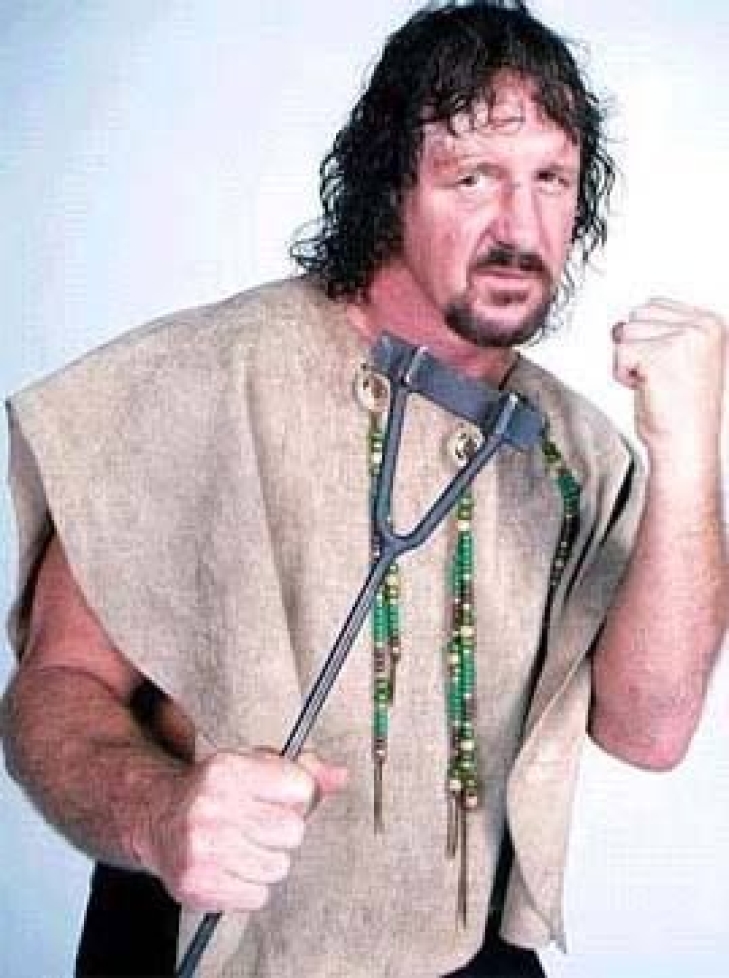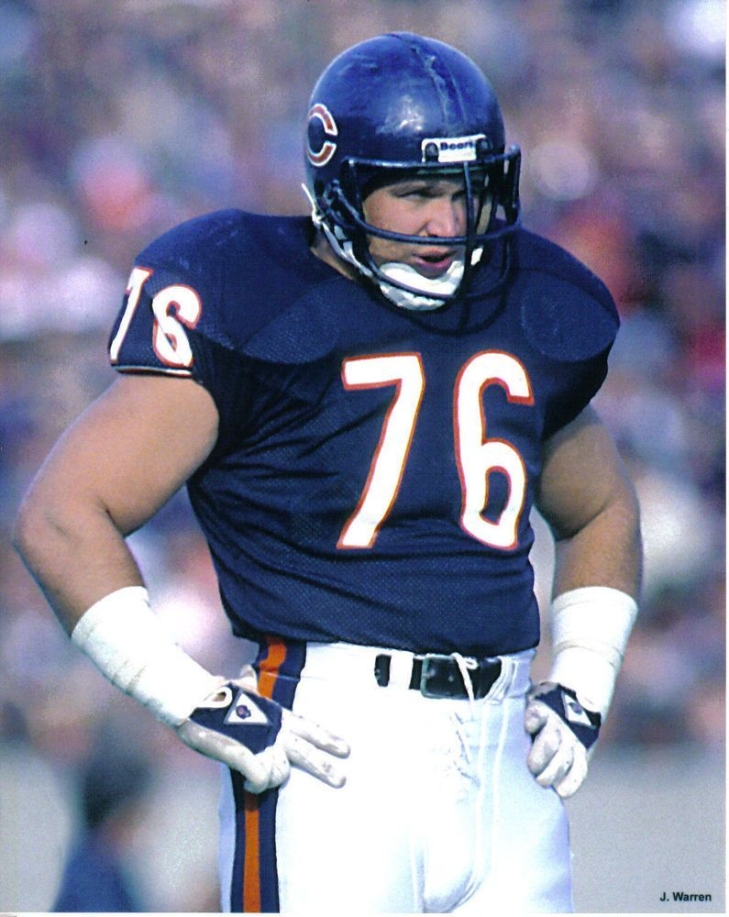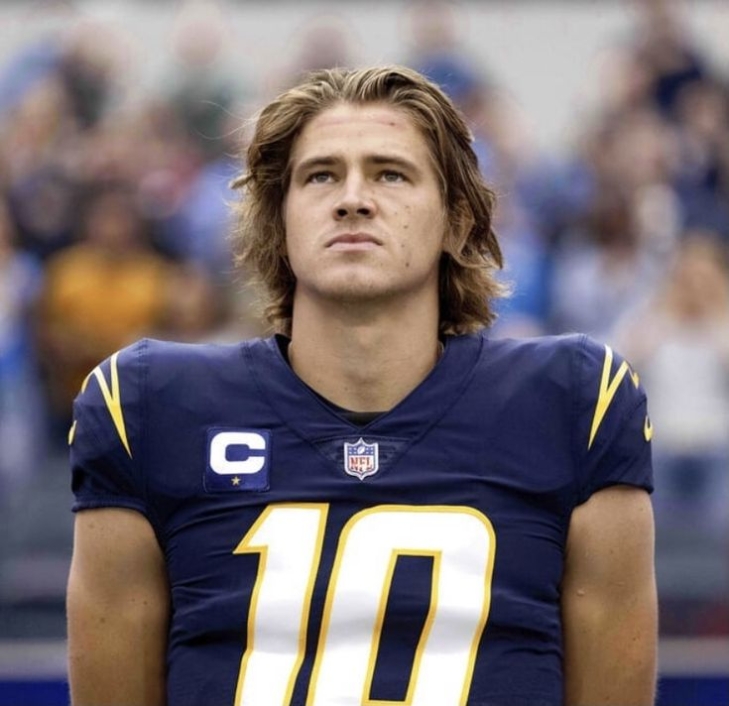
Committee Chairman
Exploring the Next Frontier: Immersive Virtual Reality (VR) Experiences
In a world that is becoming increasingly interconnected through technology, the concept of Virtual Reality (VR) has transcended the boundaries of science fiction and has firmly established itself as a transformative force across various industries. VR offers users an unparalleled level of immersion, transporting them to digital realms that were once confined to the realm of imagination. From gaming and education to healthcare and beyond, VR experiences have opened up new avenues for engagement, interaction, and entertainment.
The Evolution of Virtual Reality: Beyond the Screen
Gone are the days when virtual reality was merely a niche concept. Modern VR technology has evolved from its rudimentary origins to provide stunningly realistic and engaging experiences. With the advent of high-quality VR headsets and sophisticated motion tracking systems, users can now step into entirely different worlds that respond to their movements and actions.
Entertainment Redefined: Gaming and Beyond
Gaming has been at the forefront of the VR revolution, providing players with an opportunity to become an integral part of their favorite virtual universes. From exploring fantastical landscapes to engaging in heart-pounding action sequences, VR gaming offers an unprecedented level of immersion. And just like in any other thriving industry, VR gaming platforms, including the renowned Pin-Up online casino, which you can learn more about at https://pinupcasinocanada.com/, have embraced this technology to provide gamers with an elevated level of excitement and engagement.
Education and Training: A New Frontier
Beyond entertainment, VR is making strides in education and training. Immersive simulations allow students to explore historical events, dive deep into scientific concepts, and even practice intricate surgical procedures. This technology also offers industries such as aviation and military training a safe and controlled environment for skill development.
Therapeutic Applications: Healing Through Virtual Realms
One of the most remarkable aspects of VR is its potential in the realm of healthcare. Therapists are increasingly using VR environments to treat anxiety, phobias, and post-traumatic stress disorder. By immersing patients in controlled scenarios, VR therapy enables individuals to confront and overcome their fears in a supportive environment.
Virtual Tourism: Explore the World Without Leaving Home
Have you ever dreamt of exploring the pyramids of Egypt or strolling along the streets of Paris? VR has made virtual tourism a reality, allowing users to visit far-off places without leaving the comfort of their homes. This innovation has gained particular significance in times when physical travel has been limited.
The Challenges and Future of VR
While the potential of VR is vast, there are still challenges to overcome. Issues such as motion sickness, high costs, and technical limitations need to be addressed for broader adoption. However, the industry continues to innovate, striving to make VR experiences more accessible and seamless.
Conclusion
Virtual Reality is no longer confined to the realm of science fiction; it has become an integral part of our lives, transforming how we entertain, learn, and interact. From gaming and education to healthcare and beyond, the potential of VR is vast and exciting. As technology continues to advance, and as platforms like Pin-Up pave the way for immersive online experiences, we can expect VR to reshape industries and offer us new ways to engage with the digital world. The journey into these virtual realms has just begun, and the future holds endless possibilities.
RIP: Terry Funk
One of the greatest professional wrestlers of all-time, Terry Funk, has passed away.
The son of Dory Funk, and younger brother of Dory Funk Jr., Terry Funk first began wrestling in 1965, and would compete in every significant wrestling promotion that mattered. Funk gave off the persona of a crazed wildman, but the Texan was also an accomplished mat technician, who could adapt to any style. Winning the NWA World Heavyweight Title in 1975, Funk was also very successful in Japan, winning multiple titles and tournaments with his brother.
Winning titles all across the United States, Funk pioneered what would become known as Hardcore Wrestling. In 1985, he had his first foray into the WWF, challenging Hulk Hogan for the WWF World Heavyweight Title and competing in a tag team match at Wrestlemania 2. By the end of the 80s, Funk returned to the NWA and challenged Ric Flair for the World Title at the 1989 Great American Bash.
In the 1990s, Funk became the lynchpin for Paul Heyman’s ECW, headlining their first Pay Per View, and though he was in his 50s, he made returns to the WWF and WCW. He continued to wrestle, finally lacing up the boots in 2017.
Funk would also act in movies, namely Paradise Alley, Over the Top and Roadhouse.
In 2009, The Funk Brothers were inducted into the WWE Hall of Fame
We here at Notinhalloffame.com would like to extend our condolences to the fans, family and friends of Terry Funk.
The PFHOF names Randy Gradishar, Steve McMichael and Art Powell as the 2024 Senior Finalists
The 2023 Pro Football Season will begin shorty, but a major step in the 2024 Pro Football Hall of Fame process occurred today with the announcement of Randy Gradishar, Steve McMichael and Art Powell as this year’s Finalists. They join Buddy Parker, who advanced days ago as the Coaches/Contributor Finalist.
Randy Gradishar: Linebacker, DEN 1974-83. Ranked #2 on Notinhalloffame.com. This was a long time coming for Gradishar, who was twice a Modern Era Finalist (2003 & 2008), and was a Senior Finalist in the 2020 Centennial Class. Gradishar was the 1978 Defensive Player of the Year and would collect seven Pro Bowls. He is also a two-time First Team All-Pro. If Gradishar goes through (and he likely will), it will end the drought for the Super Bowl XII participants, as they are the only team to participate in the Super Bowl in the 1900s that have no Hall of Fame representatives.
Steve McMichael: Defensive Tackle & Nose Tackle, NWE 1980, CHI 1981-93 & GNB 1994: Unranked on Notinhalloffame.com. McMichael, who has ALS, has seen his disease take a turn for the worse, and bluntly, he does not have much time left. This likely explains Mongo’s rapid ascension here, as he has never been a Semi-Finalist of any sort since this year. He won a Super Bowl with Chicago and was a two-time Pro Bowl and First Team All-Pro.
Art Powell: Split End, Defensive Back & Wide Receiver, PHI 1959, NYT 1960-62, OAK 1963-66, BUF 1967 & MIN 1968: Ranked #171 on Notinhalloffame.com. Powell is a surprise, as it looked like this spot might go to either Wistert, Baughan or maybe Sharpe. Twice leading the AFL in rushing, Powell was a five-time AFL All-Star and two-time First Team All-Pro.
These selections mean that the following did not make the cut.
Ken Anderson: Quarterback, CIN 1971-86: Ranked #8 on Notinhalloffame.com. Anderson is a Finalist once again, and seeks to become the third Bengal to gain enshrinement. He brought the Bengals to their first Super Bowl appearance and was the consensus MVP in 1981. Anderson went to four Pro Bowls, was a one-time First Team All-Pro, and also won the coveted Walter Payton Man of the Year. Statistically, he threw for 32,838 Yards, 197 Touchdowns, led the NFL in Passing Yards twice, and Pass Completion Percentage three times.
Maxie Baughan: Linebacker, PHI 1960-65, LAR 1966-70 & WAS 1972. Ranked #14 on Notinhalloffame.com. Baughan went to nine out of 10 Pro Bowls throughout the 1960s, and was also chosen for one First Team All-Pro and five Second Team All-Pros.
Roger Craig: Running Back, SF 1983-90, RAI 1991 & MIN 1992-93: Ranked #7 on Notinhalloffame.com. A three-time Super Bowl Champion with San Francisco, Craig made history as the game’s first player to obtain for 1,000 Rushing Yards and 1,000 Receiving Yards in the same season. He is a four-time Pro Bowl, one-time First Team All-Pro and was the 1988 Offensive Player of the Year.
Joe Jacoby: Offensive Lineman, WAS 1981-93: Ranked #41 on Notinhalloffame.com. Jacoby won three Super Bowls and was a four-time Pro Bowl and two-time First Team All-Pro.
Albert Lewis: Cornerback, KAN 1983-93 & RAI/OAK 1994-98: Ranked #129 on Notinhalloffame.com. Lewis was a Finalist for the first time in his last year on the modern ballot, and is here on his first Senior ballot. The Defensive Back had 42 Interceptions, four Pro Bowls and two First Team All-Pros.
Eddie Meador: Cornerback & Safety, RAM 1959-70. Ranked #81 on Notinhalloffame.com. Meador recorded 46 Interceptions and went to six Pro Bowls in the 1960s along with obtaining two First Team All-Pros.
Sterling Sharpe: Wide Receiver, GNB 1988-94: Ranked #28 on Notinhalloffame.com. Sharpe’s career was cut short due to injury, but still managed five Pro Bowls, three First Team All-Pros and twice led the NFL in Receptions. He also once led the NFL in Touchdown Receptions.
Otis Taylor: Wide Receiver & Flanker, KAN 1965-75: Ranked #13 on Notinhalloffame.com. Taylor is a Super Bowl Champion with the Chiefs and he has an AFL All-Star and two Pro Bowls on his ledger. He was also the NFL’s leading receiver in Yards in 1971.
Al Wistert: Tackle, Guard & Defensive End, 1943-51: Ranked #38 on Notinhalloffame.com. Wistert won two NFL Championships with the Eagles and was honored with four First Team All-Pro Selections.
This does not guarantee induction, but recent history dictates that they will be inducted into the Hall of Fame.
We here at Notinhalloffame.com would like to congratulate all the Finalists for the 2024 Class of the Pro Football Hall of Fame.
Chargers QB Justin Herbert Extends Contract
In July, the LA Chargers signed QB Justin Herbert on a five-year contract extension worth $262.5 million, making him the highest paid QB in history – but what is behind this decision, and why do the Chargers have so much pinned on the handsome, reticent player barely out of his rookie season?
If you are looking for another way to play online, and fancy a break from the Eye of Horus slot games, you might want to look at sports betting and the NFL in particular – and knowing the latest news before the start of the season might help you decide on what to bet on.
Before we delve into Herbert, let’s look at the LA Chargers.
Who are the LA Chargers?
The LA Chargers play in the NFL and their home games are played at the SoFi Stadium, which the team shares with the LA Rams in Inglewood, California.
The team was founded in 1959, and played their first season in the American Football League in 1960.
In 1961, the team relocated to San Diego, and played as the San Diego Chargers for decades, winning the AFL Championships in 1963.
One of the best performances of the Chargers was in 194, when they won the AFC Championship and a place in the Superbowl but lost 49-26 to the San Francisco 49ers.
2017 saw the Chargers return to LA, and since then they have worked hard to remain in the top flight of the AFC West, finishing 2nd last year and earning a place in the Wild Card Playoff, which they unfortunately lost to the Jacksonville Jaguars 31-30.
With the contract extension for Justin Herbert, the LA Chargers are showing that they have big plans for the upcoming season, putting their introverted quarterback at the forefront of their plans for domination.
Why Justin Herbert?
Born in March 1998, Justin Herbert developed his amazing throwing arm in his early life, competing in the softball throw tournaments from the age of 7 and winning again and again. The movement into football was almost a no-brainer, and by his senior year of high school, he was named First Team All-State and awarded the Southwest Conference Offensive Player of the Year at Sheldon High School.
College saw him named as QB2 when he started at Oregon, but he soon became a starter, as his freshman season saw him equalling or setting records for things like passing yards and TD passes. While the 2016 season for his college team wasn’t exactly full of glory, it wasn’t for a lack of talent in their QB, at least. The rest of his college career saw him win the Rose Bowl, the Redbox Bowl, and many personal accolades, including Academic All-American for his 4.08 grade point average in Biology.
When it came to the draft, Herbert was picked sixth overall in the first round, and named as backup QB to Tyrod Taylor. His arrival was watched with interest; his play style and movie-star good looks made him seem to be the ultimate sports personality.
This seemed to be spot on for the fans, as he became the starting QB in just the second game of the year. His awesome skills and extensive power in his throw saw him named as Rookie of the Year and Offensive Rookie of the Year in 2020.
It was in 2021 that Herbert really came to life, smashing franchise records across the field – from completing 5014 passing yards, 38 passing touchdowns, 63 carries for 302 rushing yards, three rushing touchdowns, and 15 interceptions in just one season.
What is the secret sauce that makes Herbert so good – and worth so much?
Well, there is that unnaturally good throwing arm. Even his own teammates sometimes are awed by just how far – and how straight - he can throw. Despite this, he is steady and uncomplicated, humble, and quiet.
Unlike some of the other quarterbacks in the NFL, Herbert seems completely disinterested in the trappings of the position. He Is noticeably uncomfortable in front of a microphone, uneasy when put in the spotlight, and often deflecting personal questions to make them about the performance of the team.
Does this make him a better player? Perhaps, he is certainly more focused on his play, running practice drills until they are perfect with that attention to detail that even his teammates are fascinated with.
This ultra focused player looks the part, with his handsome features and good hair – but the only thing that matters is the football. He has no delusions about his position, often the only player who tidies after himself in the locker room and packs his own holdall before away games.
His third season saw Herbert come out of himself a bit more. Maybe through maturity or being more comfortable with his important position – whatever it is, he was more relaxed in interviews, making jokes on camera, and actively encouraging his teammates.
Whatever the secret is, it has transformed Justin Herbert’s career – he was scheduled to earn $4.23 million in his fourth year for the Chargers, and thanks to his new contract that number is about $52.5 million.





